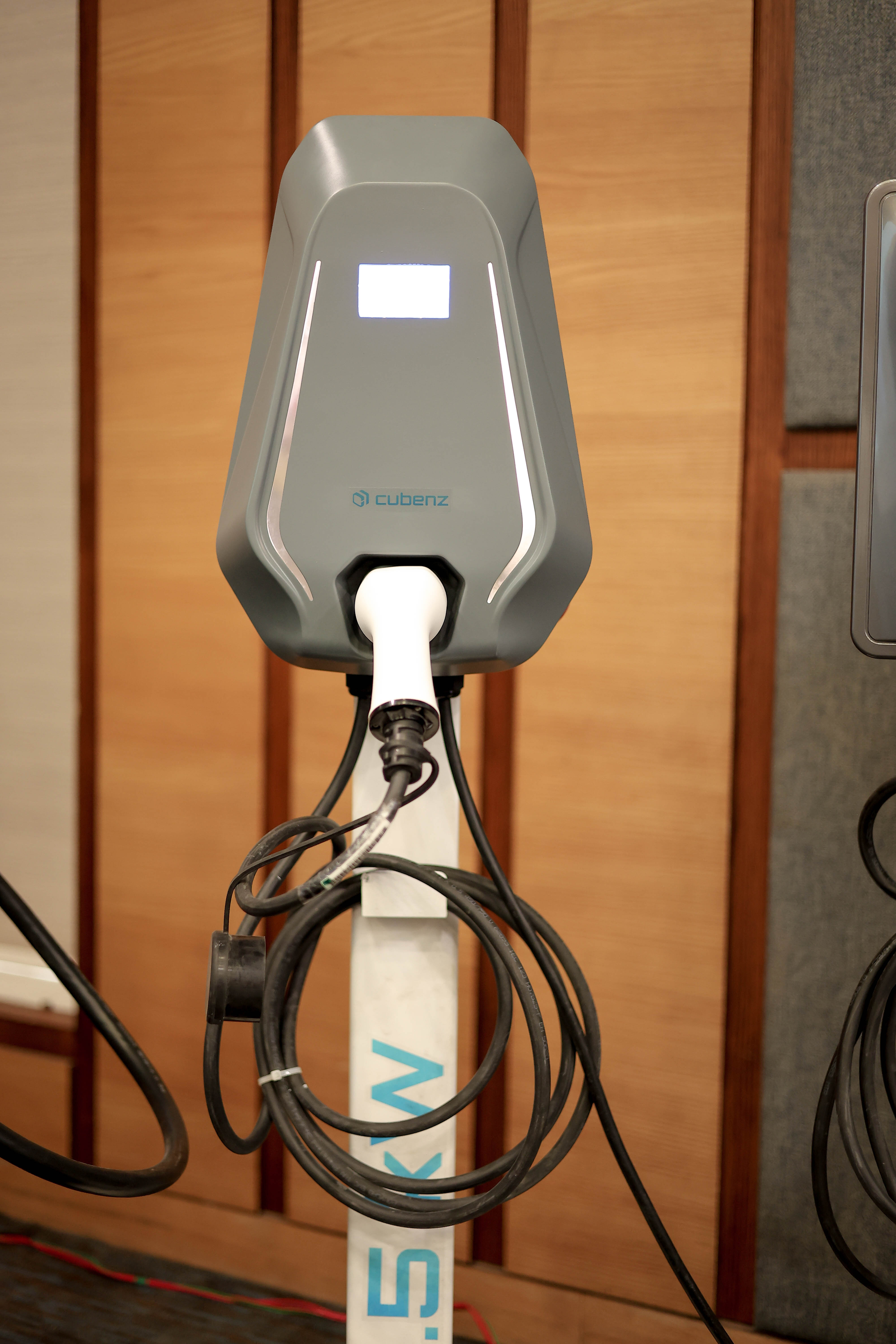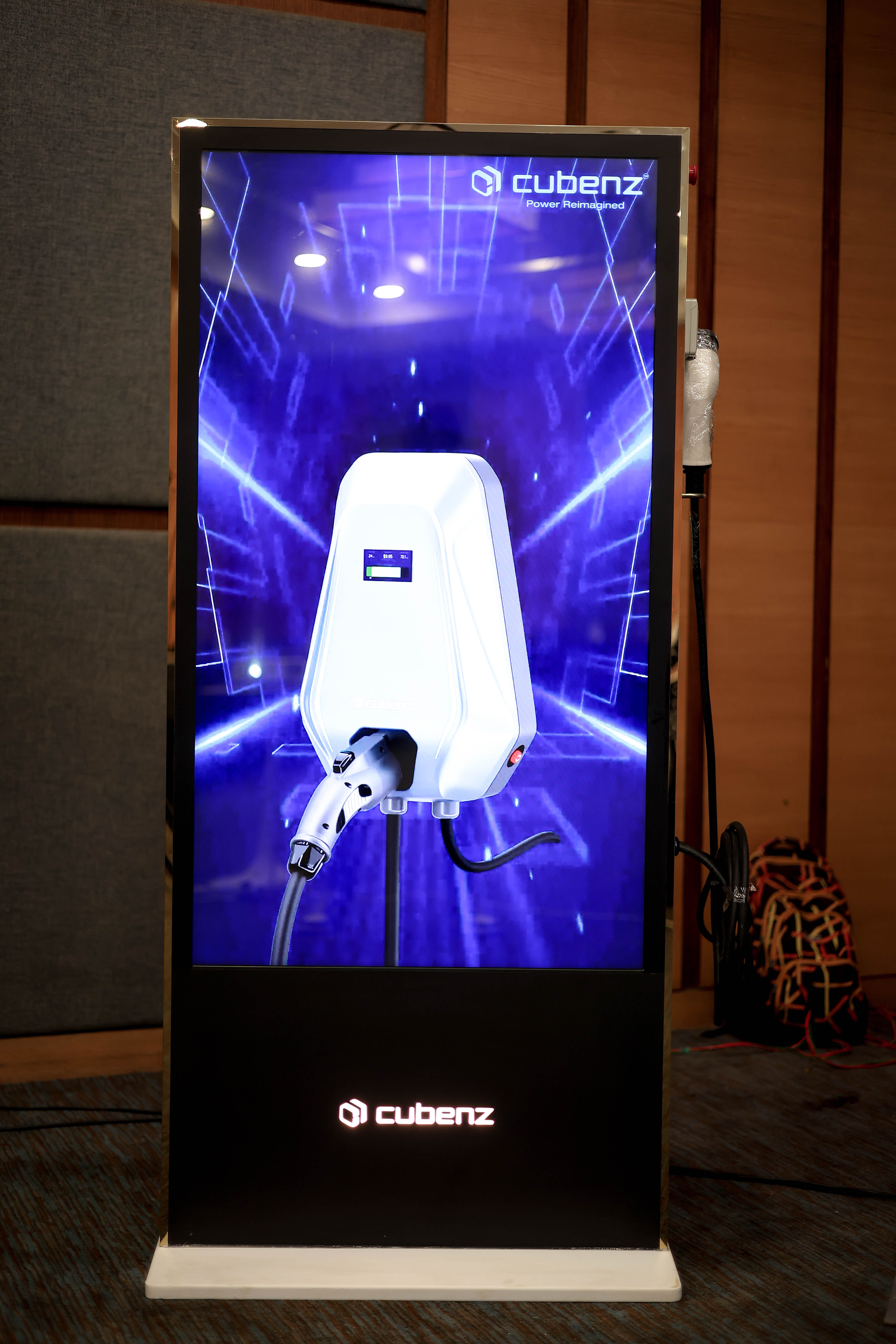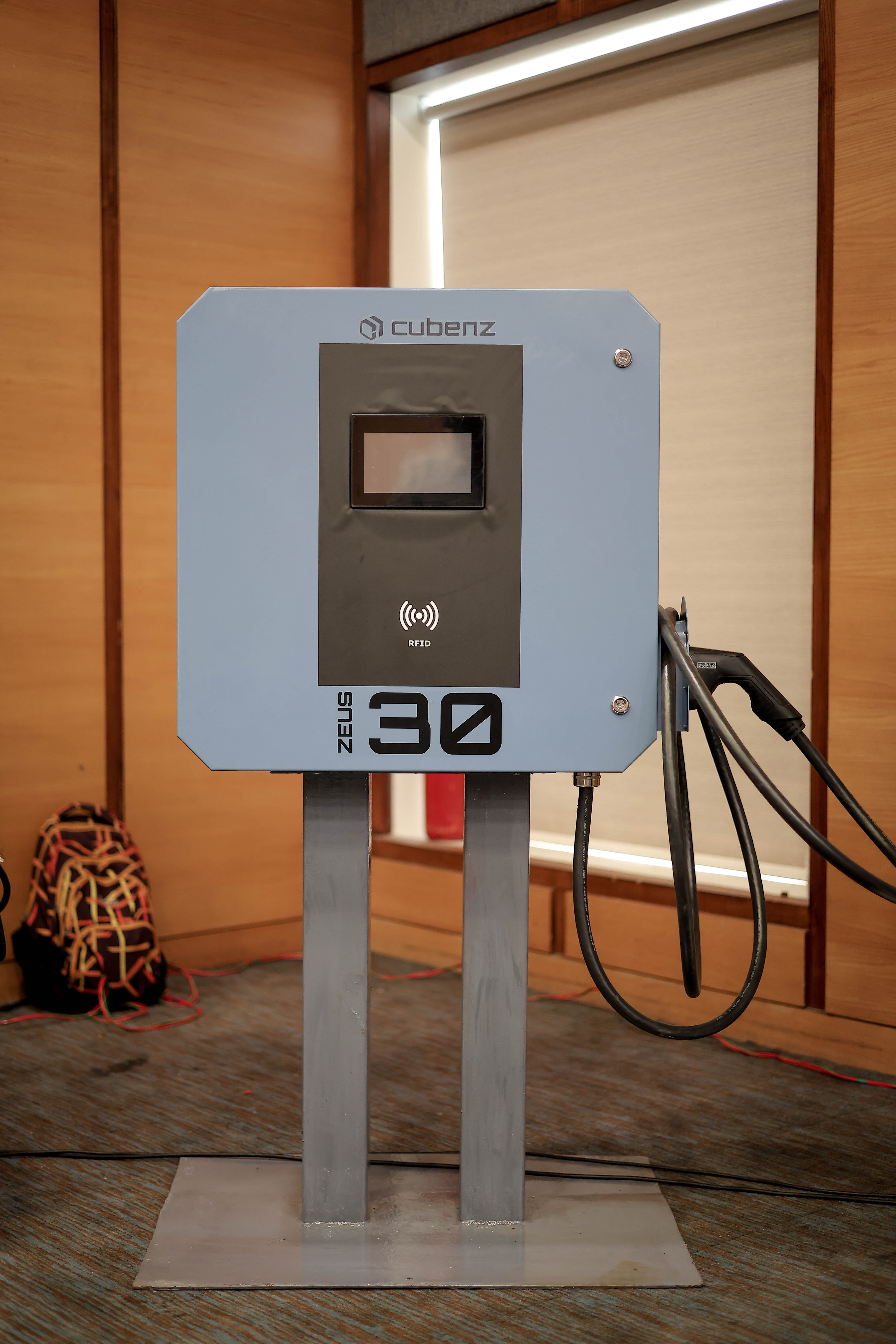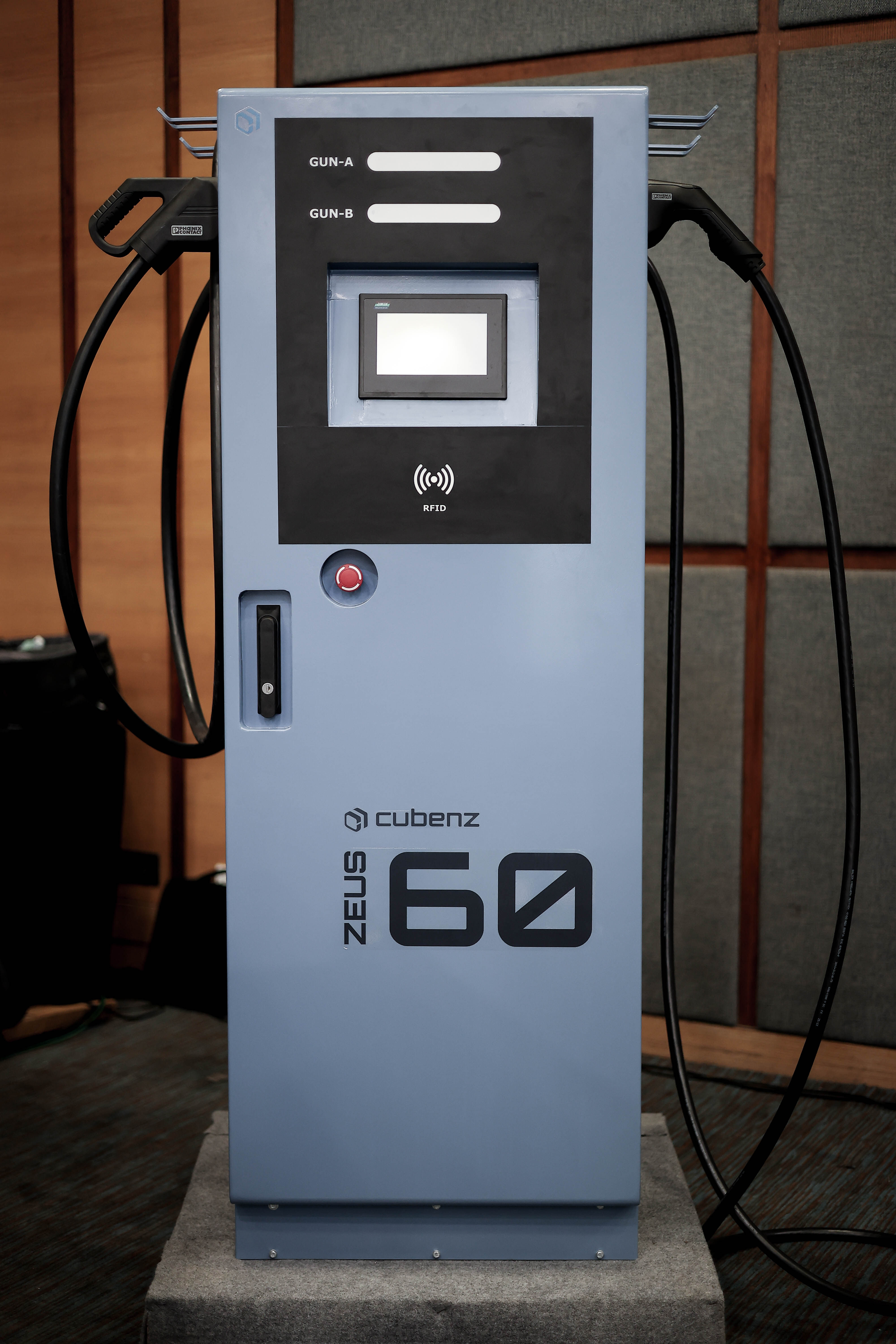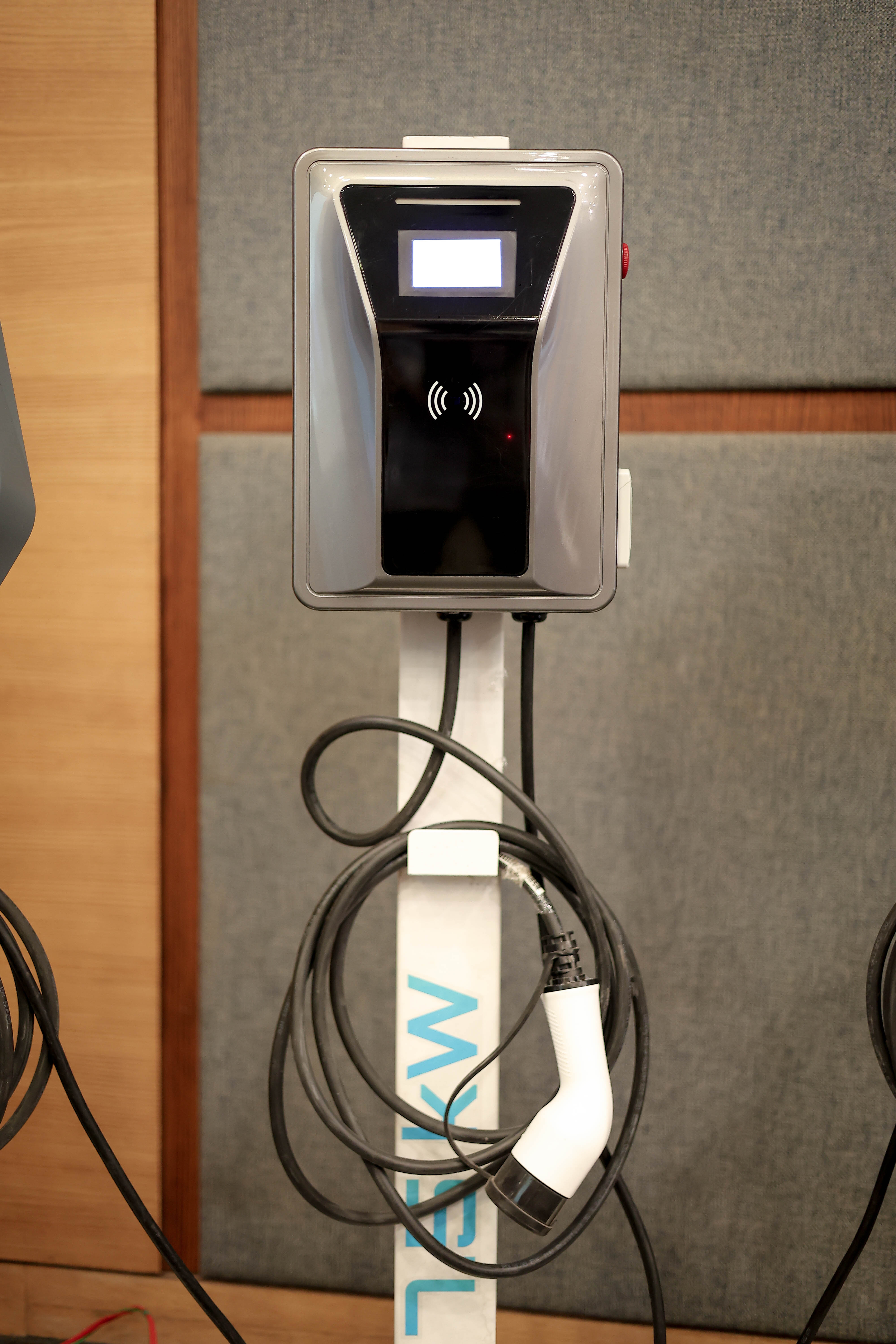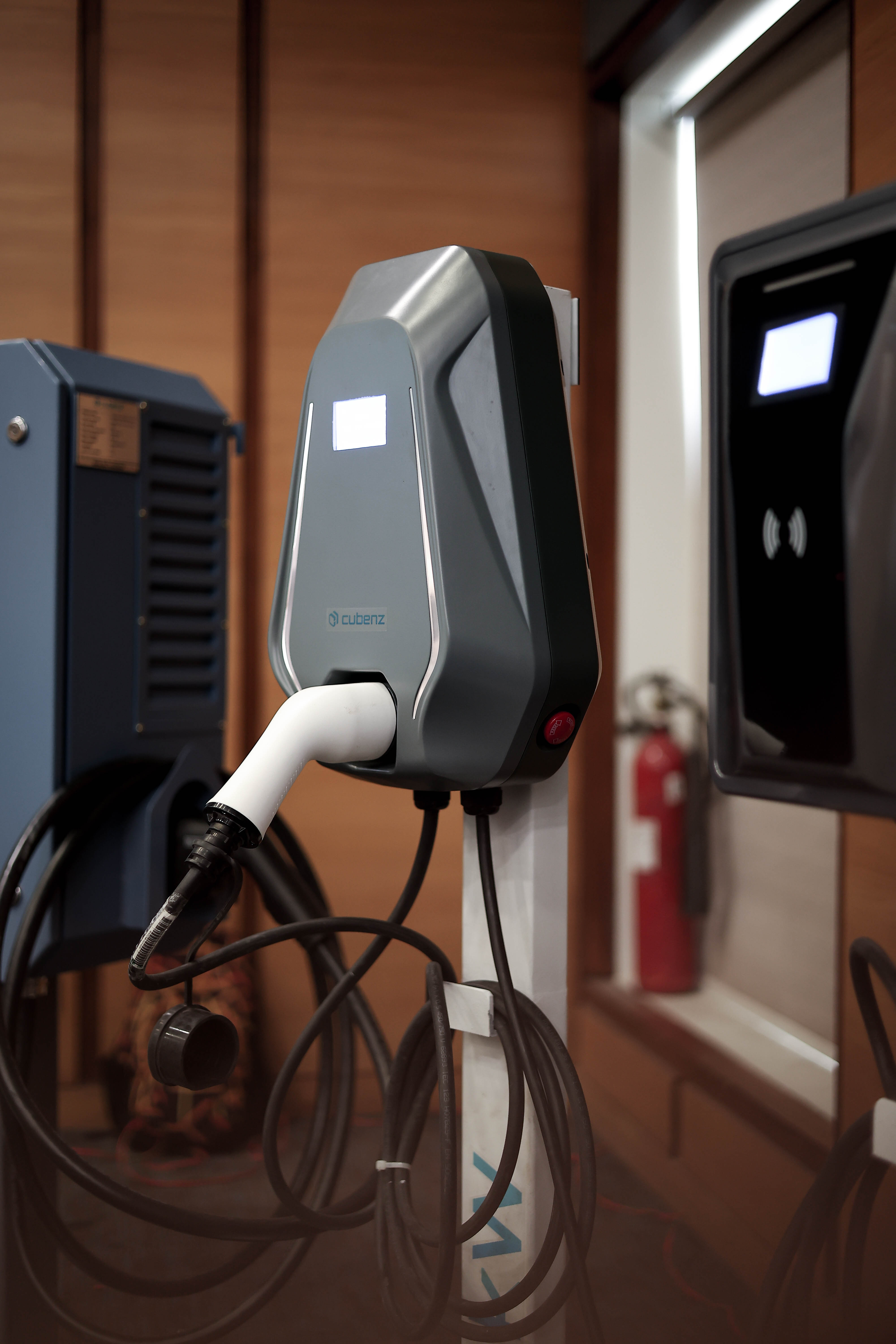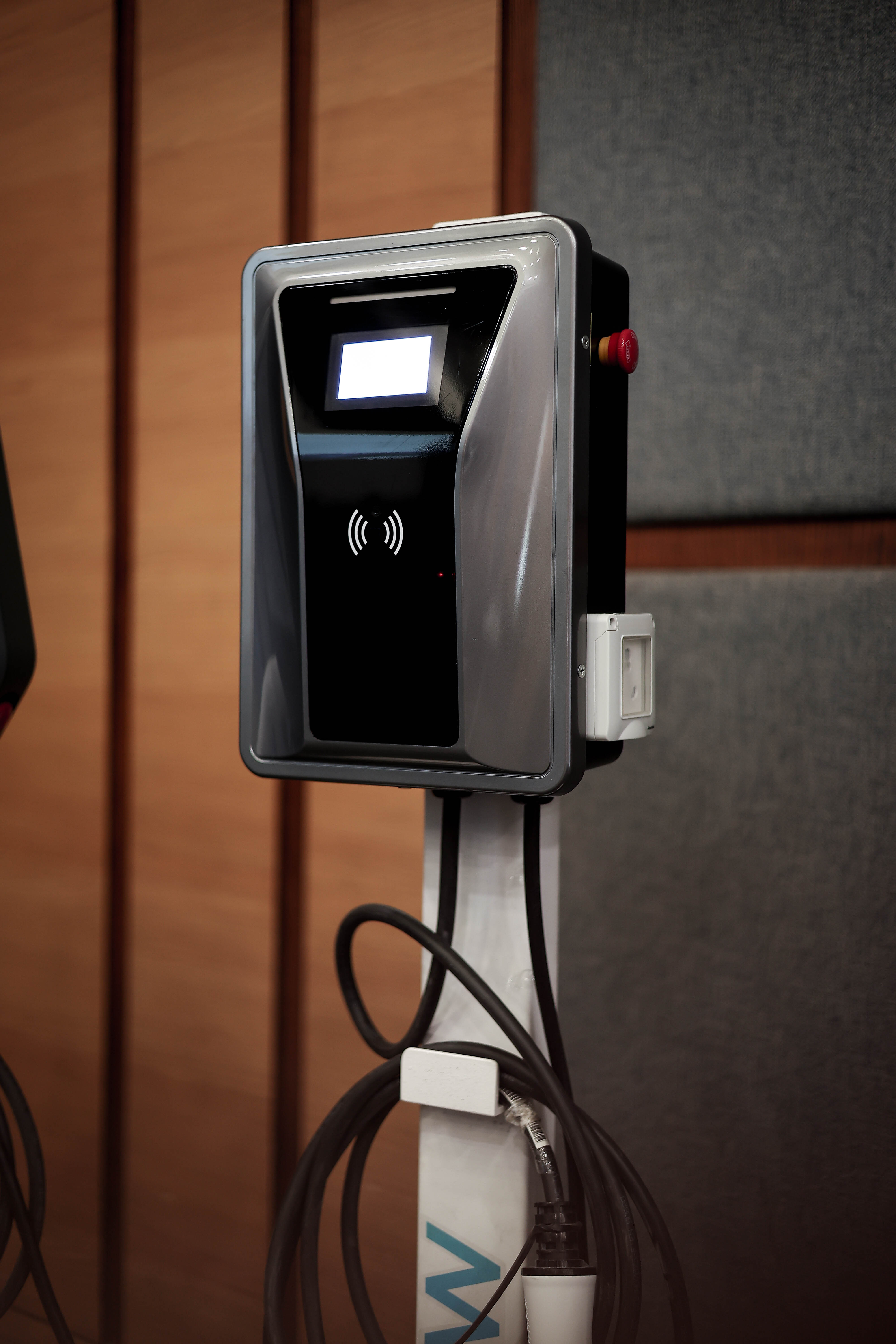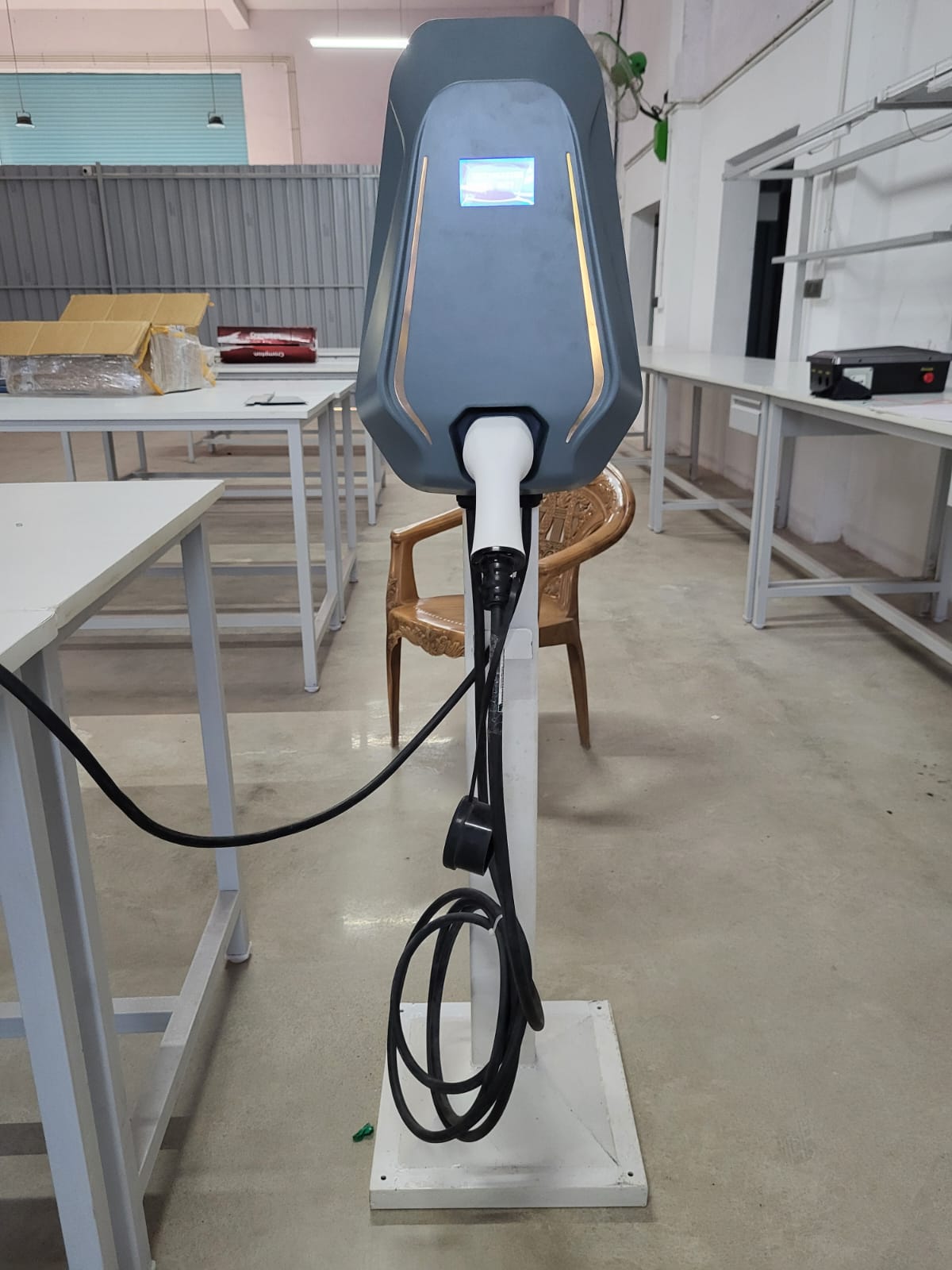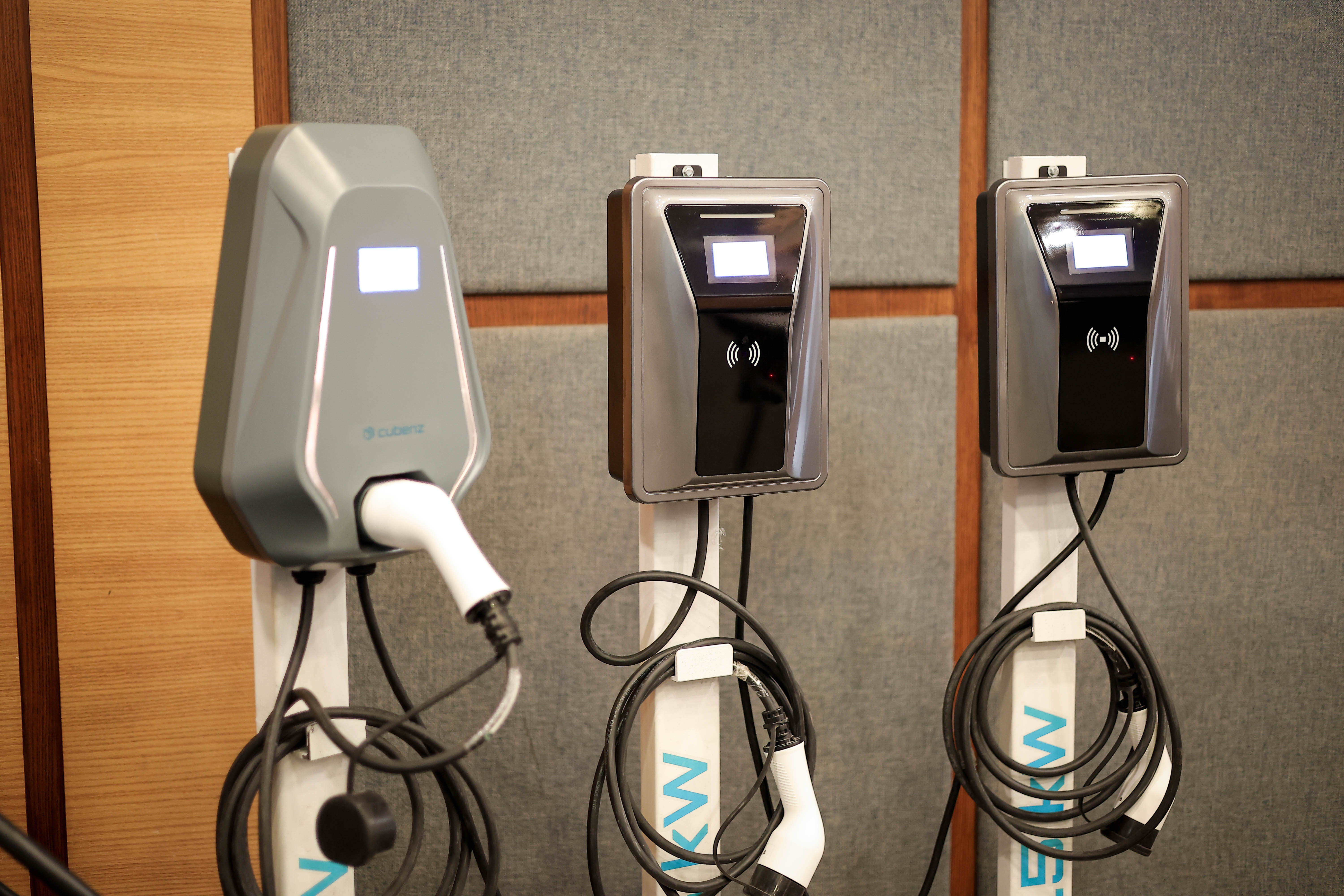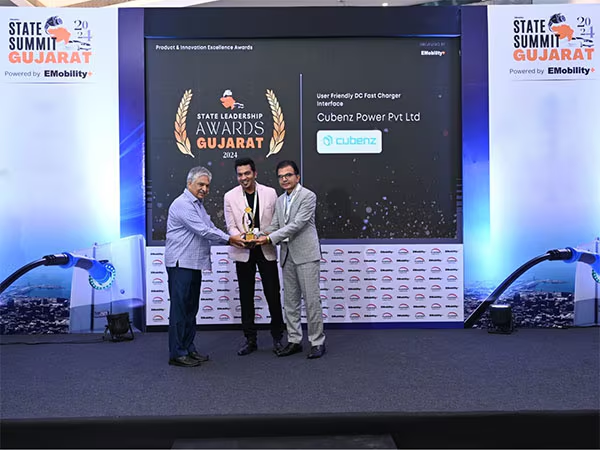Installing a home charging station allows you to charge your electric vehicle while you go about your daily routines,
ensuring it's fully charged and ready each day.
Types of EV Charging:
Level 1 : Connects to a standard wall outlet, offering slow charging with a maximum output of 2.3 kW, providing about 20
km of range per hour.
Level 2 : Ideal for home use, providing faster charging with outputs ranging from 3.7 to 22 kW, and delivering around 120
km of range per hour at maximum capacity.
Level 3 : (DC Fast Charging): Extremely fast but typically not used for home installations due to high costs.
Residential Charging Stations :
Typically, home chargers are Level 2 and connect to your home’s electrical system via either 1-phase or 3-phase
connections. They are more cost-effective than public chargers, benefiting from lower residential electricity rates and
potential use of renewable energy sources like solar power.
For more details about home chargers, explore our featured model: Cubenz Elvi.
Note : These calculations are based on an average consumption of 18 kWh per 100 km. Actual consumption may vary based on
vehicle type, battery capacity, and driving conditions.
